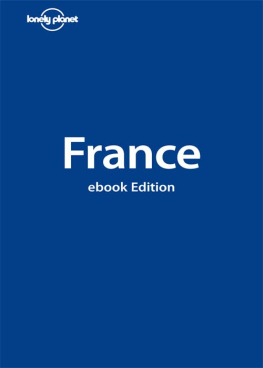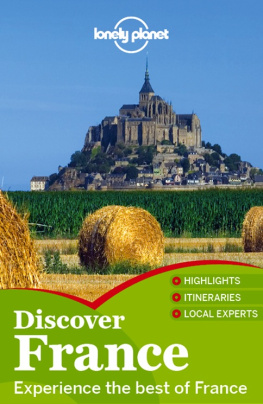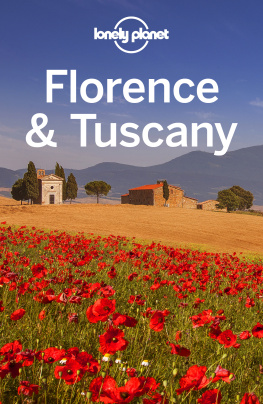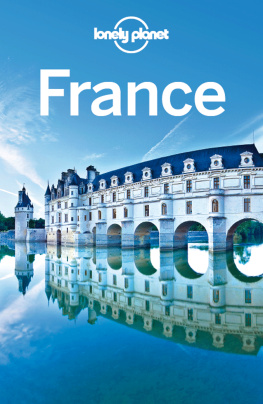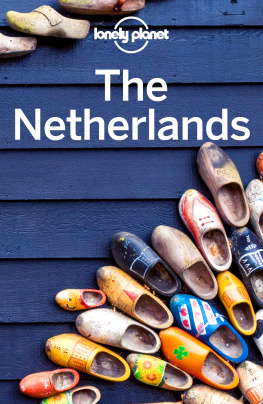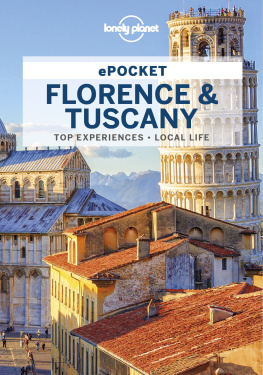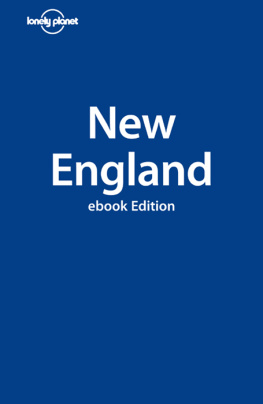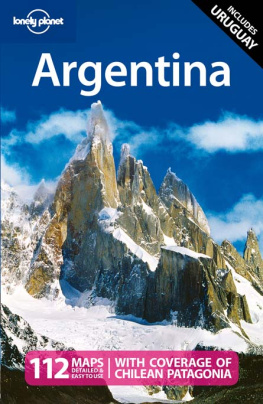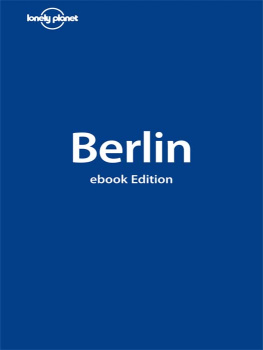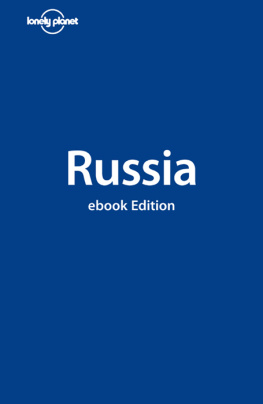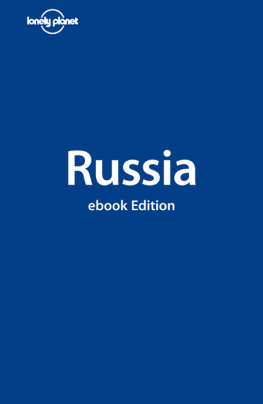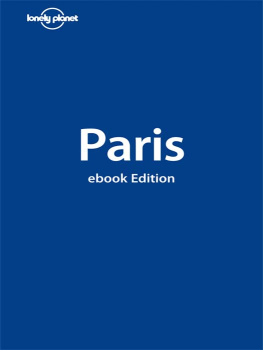Destination France
Good, bad or ugly, everyone has an opinion about France and the French: chic, smart, sexy, rude, racist, bureaucratic, or bitchy as hell. Throw the odd urban protest, strike and political scandal into the mix, not to mention a presidential wedding or superstars Angelina Jolie and Brad Pitt plumping for a house in Provence to rear their brood, and the international media is agog too.
This is, after all, Europes fabled land of good food and wine (. Travel south for Roman civilisation and the sparkling blue Med. Ski the Alps. Sense the subtle infusion of language, music and mythology in Brittany brought by Celtic invaders. Smell ignominy on the beaches of Normandy and battlefields of the Somme. And know that this is the tip of that iceberg the French call culture.
Yes, this is a timeless land whose people exude a natural joie de vivre and savoir faire. Yes, this is the country that entices more travellers into its lovely lair than any other: 82 million visitors in 2007 (4% more than the previous year) ranked it the worlds top tourist destination for yet another year.
Frances lure in fact, rather like French caf society, has never been so strong: vibrant during the days of Jean-Paul Sartre et al who put the world to rights between folkloric clouds of tobacco smoke, since the 1 February 2007 smoking ban, it sparkles like new. Strictly non fumeur (nonsmoking) is what this coffee-sipping, Champagne-quaffing, positively seductive society is about these days. Even French wine is slowly becoming in again.
France, moreover, has a new breed of president personality-driven, American-style who has hogged the media ever since his arrival at the lyse Palace in 2007. Not only did Nicolas Sarkozy rewrite the presidential rule book with his divorce and subsequent seduction of an Italian multimillionaire singer during his first few months in office, he also set out a ruthlessly ambitious political agenda for himself, epitomised perhaps by his gargantuan plans for Paris: he wants to develop its surroundings to create a vast metropolitan Greater Paris. Ten of the worlds top architects are on the case.
Gargantuan ambition likewise marked the start of Frances six-month turn at the presidential helm of the EU in 2008: faced with an economically depressed Europe grappling with soaring fuel prices and living costs, all eyes were on the French president. Sarkozys goals: to help Europe move forward despite Irelands rejection of the Lisbon Treaty, broker a European deal on climate change, cut VAT on restaurant bills and oil, and work on immigration which, interestingly, has long been one of the hottest potatoes in his own multicultural country . Unfortunately, his big talk on better defence was belittled in July 2008 when a French soldier accidentally fired a round of live bullets instead of blanks during a military show near Carcassonne, prompting the chief of the countrys army to quit in shame and the country to gasp in shock.
Good, bad or physically too short, everyone has an opinion on the sparky Sarkozy. He says the lunch-loving play-hard French, many of whom until recently only worked a 35-hour week (), must change if their country is to move forward economically. Naturally, they dont all agree. Non fumeur, yes, but still plenty of sparks ahead.
FAST FACTS
Population: 63.4 million
Area: 551,000 sq km
GDP (end second quarter 2008): 411.93 billion
GDP per capita (2007): US$33,470
GDP growth (2007): 2.1%
Annual inflation (2007): 1.5%
Unemployment (end second quarter 2008): 7.9%
Highest point: Mont Blanc (4807m)
Internet domain: fr
Annual alcohol consumption (per person): wine 78.9L, beer 41L, cider 6.9L, spirits 9.1L
Getting Started
Some parts of France are tried-and-tested, bona fide dream destinations and as such require planning weeks, if not months, in advance in order to snag the best room in the house: be it a castle, a tree house or a golden stone mas (farmhouse).
Other areas scarcely score a sentence in newspaper travel sections and as such are perfect for travellers happy to fly by the seat of their pants with no itinerary or advance booking to speak of. Whatever your budget France allows you to spend a farthing or a fortune travel is straightforward and generally free of bad surprises.
WHEN TO GO
Revel in French pleasures any time, although many swear spring is best. In the hot south sun-worshippers bake from June to early September (summer) while winter-sports enthusiasts soar down snow-covered mountains mid-December to late March (winter). around which to plan a trip abound year-round.
See Climate Charts for more information.
School holidays Christmas and New Year, mid-February to mid-March, Easter, July and August see millions of French families descend on the coasts, mountains and other touristy areas. Traffic-clogged roads, sky-high accommodation prices and sardine-packed beaches and ski slopes are downside factors of these high-season periods. Many shops take their cong annuel (annual closure) in August; Sundays and public holidays are dead everywhere.
The French climate is temperate, although it gets nippy in mountainous areas and in Alsace and Lorraine. The northwest suffers from high humidity, rain and biting westerly winds, while the Mediterranean south enjoys hot summers and mild winters.
HOW MUCH?
Two-course midrange lunch/dinner menu 18/30
Munch-on-the-move baguette sandwich 3.50-6
Half-/full-day bicycle hire 10/15
Cinema ticket in the provinces/Paris 7.50/9.50
Public transport ticket 1.50
COSTS & MONEY
Accommodation is the biggest cost: count on minimum 60 a night for a double room in a midrange hotel and 140 plus for a top-end hotel. Backpackers staying in hostels and living on cheese and baguette can survive on 60 a day; those opting for midrange hotels, restaurants and museums will spend upwards of 120. For discount cards, .
TRAVELLING RESPONSIBLY
Since our inception in 1973, Lonely Planet has encouraged our readers to tread lightly, travel responsibly and enjoy the magic independent travel affords. International travel is growing at a jaw-dropping rate, and we still firmly believe in the benefits it can bring but, as always, we encourage you to consider the impact your visit will have on both the global environment and the local economies, cultures and ecosystems.
Shopping at Frances bounty of local food markets (every village and town has at least a weekly one), staying at chambres dhtes (B&Bs) and fermes auberges (farms; to get around are ways of minimising your impact and travelling sustainably within France.
Green-themed boxes in most chapters provide destination-specific pointers for travelling responsibly and a top-pick listing of green activities is on opposite.
TOP

GREEN PICKS
Go slow, go green and buzz sustainable with our pick of environmentally sweet travel experiences; see destination chapters for more ideas on taking your foot off the accelerator.
- Try the self-service bike-rental schemes in
- Build a castle using 13th-century technologies at the Chantier Mdival de
- Behave like a Breton: cycle past otherworldly megaliths
- Revel in ravishing gardens: Monets inspiration in
- Experience Frances first organic village

